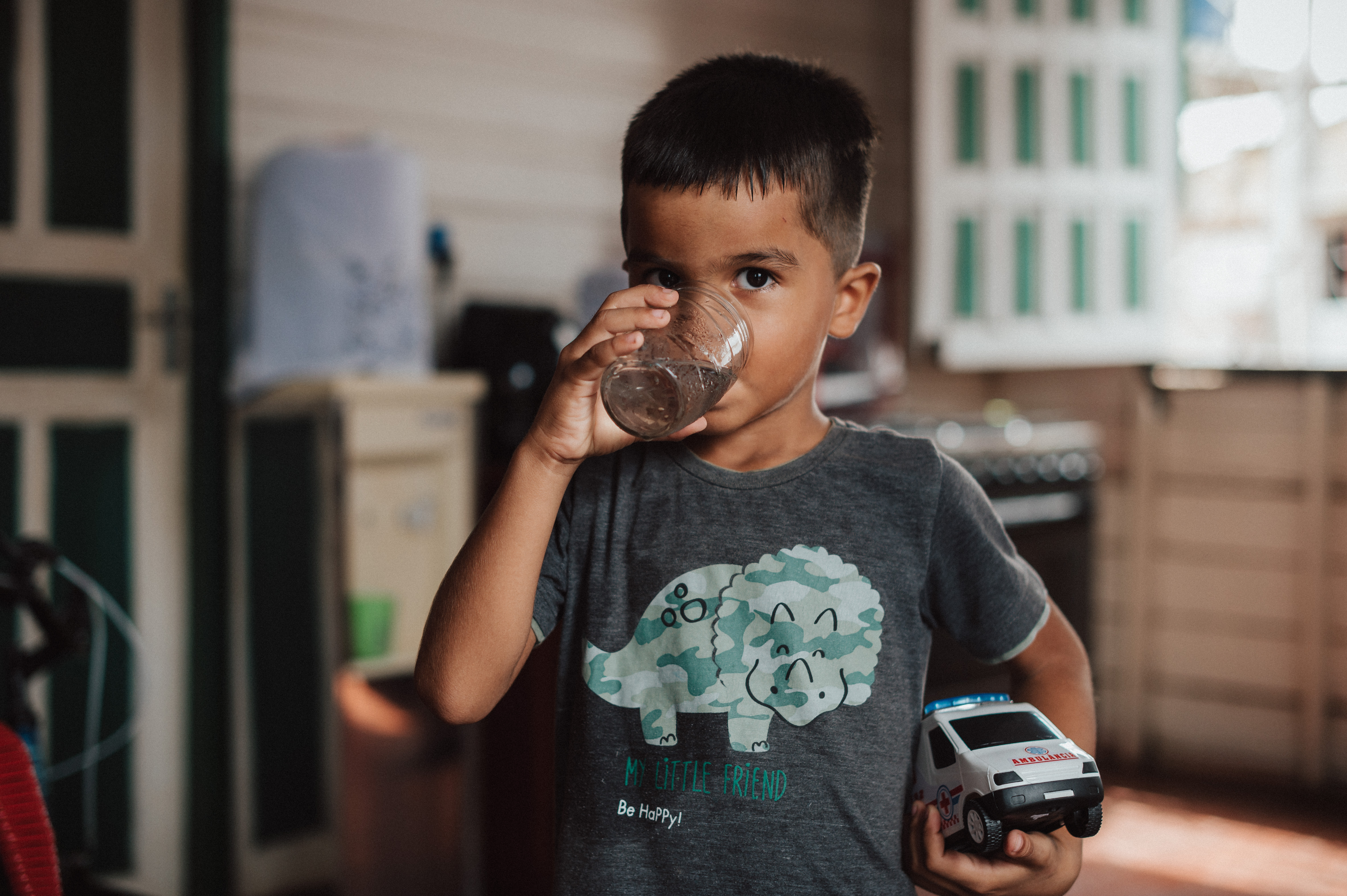

Description
Pilot experience.
The project aims to carry out research on the theme of rural sanitation and gender issues. FUNASA's project objective is to implement a gender mainstreaming strategy in its policies and practices related to water and sanitation to achieve measurable results and positive impact on the lives of women and men in rural areas. This will significantly contribute to achieving the goals and guidelines of the National Rural Sanitation Program (PNSR) and help contextualize the gender indicators of UN SDG 6 – Water and Sanitation.
The project follows Guideline 6 of the PNSR, which focuses on "strengthening women's decision-making power and recognizing their role in rural sanitation." The project aims to:
i) collect sex-disaggregated data, along with methodologies and tools for analysis, to generate representative indicators.
ii) development of the capacities of FUNASA's institutional leaders and their partners in the sector, on the gender agenda, through training/workshops;
iii) promote local education, communication and training actions to support and disseminate gender information to the rural population.
It is worth noting that one of the three axes of the project is the rural training of women in the region about sanitation instruments: ecological pits, reuse of rainwater, gender issues, reuse of solid waste and gray water.
Criteria 9/11
- ACCESSIBILITY
- ALIGNMENT WITH SDG 1,3,4,6 AND/OR 11
- RACE AND GENDER ISSUES
- ATTENTION TO CHILDREN AND ADOLESCENTS
- LOW COST
- SOCIAL DIFFUSION
- ADMINISTRATIVE EFFICIENCY
- ADHERENCE AND CONTINUITY AT LOCAL LEVEL
- WASH INITIATIVE
- CLIMATE RESILIENCE
- SUSTAINABILITY
The project is funded through the International Technical Cooperation between Funasa and the Organization of Ibero-American States for Education, Science, and Culture (OEI).
To collect survey data, Funasa technicians will collaborate with municipal and state Secretaries of Education, Health, Environment, and Sanitation. Data will also be gathered from state Water and Sewage Companies and representatives of the Public Prosecutor's Office.
There will be direct collaboration with local universities to provide training on the methodology for Ecological Tanks, based on research conducted by the public education institution.
Microregion of Western Cariri/Paraíba
Intermunicipal Health Consortium of Western Cariri (CISCO) in Paraíba composed of 18 municipalities:
Amparo, Camalaú, Caraúbas, Congo, Coxixola, Gurjão, Livramento, Monteiro, Ouro
Velho, Parari, Prata, São José dos Cordeiros, São João do Tigre, São Sebastião do
Umbuzeiro, São João do Cariri, Serra Branca, Sumé and Zabelê
Municipalities of the Legal Amazon Region will still be defined.
500 rural women will be reached by each training topic, with a total of 2,500 women affected by the project.
Women living in the rural areas of the CISCO (Intermunicipal Health Consortium of Western Cariri) region and the Legal Amazon region to be defined.
Since 2022 (1 year pilot)
Step One - Collect data divided by sex in the
water and sanitation sector
Data divided by sex is quantitative data for any sector or area of interest, which shows the
separate numbers of men and women in the same table.
By also specifying for ethnicity, class, age, location etc. data becomes
divided by gender.
Step Two - Training
Training activities will be held for industry leaders to promote the integration of gender and water perspectives through seminars and workshops.
Key areas covered during the workshop:
❖ WHY Gender in Water Management:
❖ Gender and Water Background:
❖ HOW to integrate gender into water management work:
❖ Individual Gender Action Plan (IGAP).
Step Three – Local Projects
-1st workshop - Training in the bioconstruction of dry bathrooms;
- 2nd workshop - Training in ecological cesspool construction;
- 3rd workshop - Gray water reuse methodologies;
- 4th workshop - Rainwater reuse methodologies;
- 5th workshop - Recycling techniques
- 6th workshop – Training and regulation of the waste pickers association
- 7th workshop - Main concepts, key terms and gender ideologies. And the practical relationships between gender and the water sector.
- 8th workshop - Training on access to rural credit for women microentrepreneurs
'-Inauguration event with the participation of representatives of all entities involved;
- Collaboration with CISCO will coordinate engagement with community leaders.
-Disclosure of the project on social networks of Funasa and OEI
Periodic measurement of the:
- number of coordination plan proposals developed.;
- term of reference for gender research or consulting work;
- number of e-mails sent;
- number of women on committees;
- number of training sessions;
- number of meetings organized.
Map results
O recurso para implementação faz parte do Projeto de Cooperação Técnica Internacional "Projeto OEI/BRA/17/005", entre a Funasa e a Organização dos estados Ibero-Americanos para a Educação, a Ciência e a Cultura (OEI) denominado; “Fortalecimento da Capacidade Institucional da Funasa em Saúde Ambiental com Ênfase em Ações de Educação”.